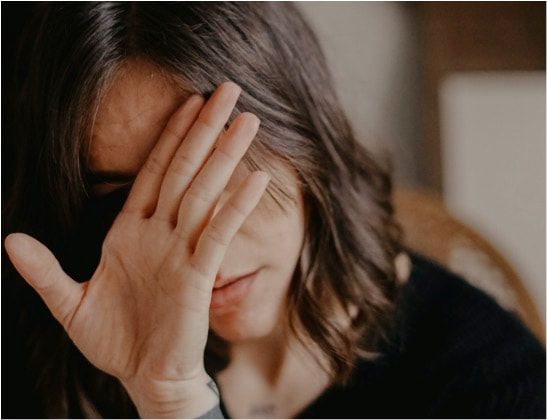Self-Consciousness: Definition, Examples, & Tips to Overcome ItWhat is self-consciousness, what causes it, and how do you overcome it? In this article, we'll talk about the science behind self-consciousness and how to deal with it.
*This page may include affiliate links; that means I earn from qualifying purchases of products.
Do you frequently think about how others see you? Do you often worry about offending or upsetting others? Do you get stressed out about having to perform in front of others? Then you might be more self-conscious than others. It can be difficult to always be thinking about how people see you. So, in this article, we'll explore self-consciousness to better understand both the good and the bad parts of it. With these insights, we can start to overcome the unhelpful parts of self-consciousness.
Are You a Therapist, Coach, or Wellness Entrepreneur?
Grab Our Free eBook to Learn How to
|
Are You a Therapist, Coach, or Wellness Entrepreneur?
Grab Our Free eBook to Learn How to Grow Your Wellness Business Fast!
|
Terms, Privacy & Affiliate Disclosure | Contact | FAQs
* The Berkeley Well-Being Institute. LLC is not affiliated with UC Berkeley.
Copyright © 2024, The Berkeley Well-Being Institute, LLC
* The Berkeley Well-Being Institute. LLC is not affiliated with UC Berkeley.
Copyright © 2024, The Berkeley Well-Being Institute, LLC




